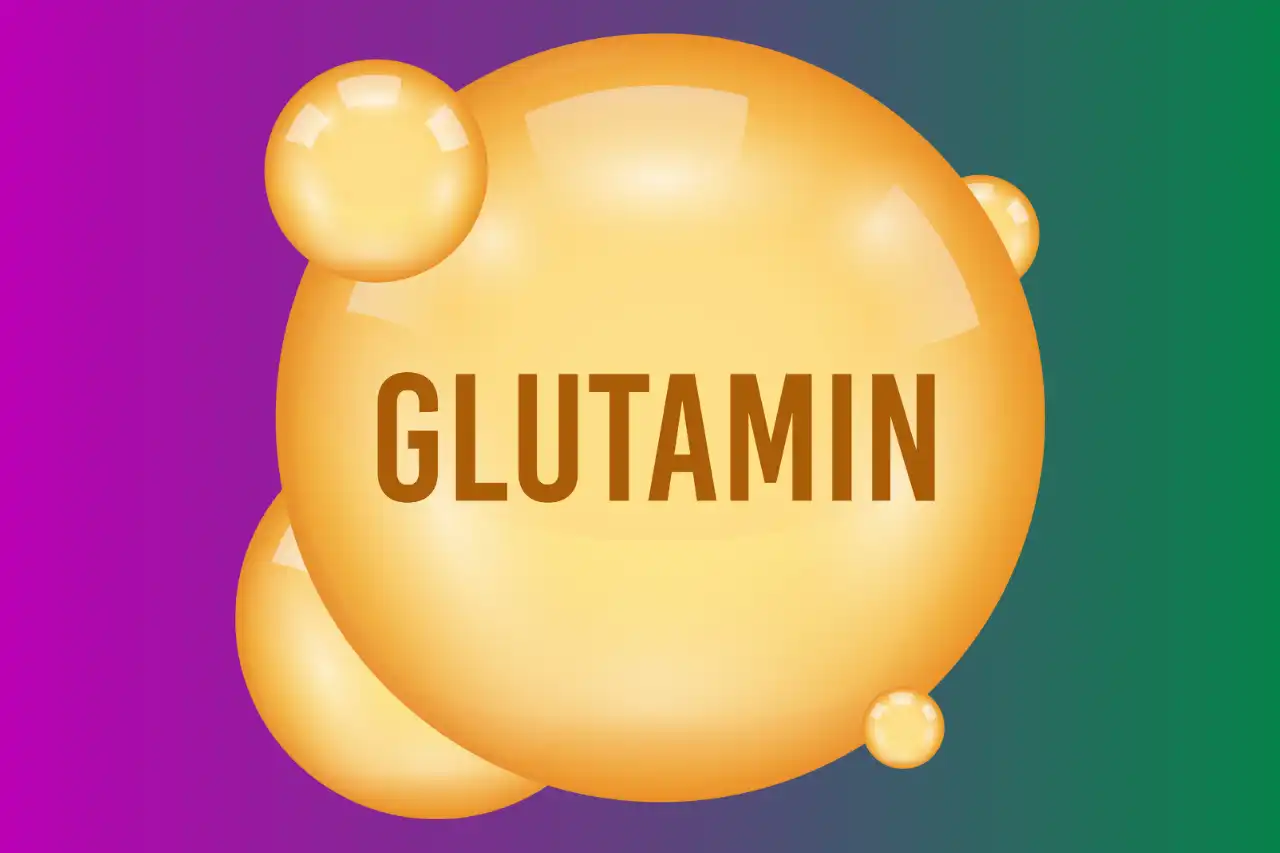-: LYSINE :-
Lysine is an essential amino acid crucial for protein synthesis, tissue repair, and enzyme production. It supports immune function, calcium absorption, and collagen formation. As the body cannot produce lysine, it must be obtained through different types dietary sources.
Symptoms
- Chest pain (angina) – Pain in the chest due to reduced blood flow to heart.
- Shortness of breath or trouble breathing – Difficulty breathing, often indicating underlying health issues.
- Insomnia – Trouble falling asleep or staying asleep through the night.
- Nausea or stomach discomfort.
- Heart palpitations – Rapid, fluttering, or pounding heartbeat.
- Anxiety or a feeling of impending doom.
- Feeling lightheaded, dizzy or passing out.
Causes
- Thrombosis – Blockage in one of the blood vessels.
- Diabetes – Chronic condition affecting blood sugar regulation and metabolism.
- High cholesterol level.
- Smoking.
- Having high levels of lipoprotein (a).
- Not doing regular exercise
- If anyone having a family history of CHD (Chronic heart disease)
- Obesity – Excessive body fat accumulation, posing heart health risks and major other complications.
- A heart attack can also be caused by high blood pressure.
- Anomalous coronary arteries, a congenital heart condition, involve abnormal artery positioning, potentially leading to heart attack due to compression.
- An obstruction originating elsewhere, such as a blood clot or air bubble (embolism), can block a coronary artery.
Test
- Blood test includes Lipid Profile test (Total cholesterol, Triglycerides, HDL, LDL).
- Blood Pressure levels.
- ECG (Electrocardiogram).
- Echocardiogram.
- CT Coronary Angiogram.
- Heart MRI (Magnetic Resonance Imaging).
- Exercise stress test.
Prevention
- Get regular health screening tests such as blood sugar, Lipid profile, ECG etc.
- Manage your stress level.
- Try to maintain a healthy weight.
- Try to make an effort to stop using all tobacco products.
- Try to do exercise regularly.
- Try to eat nutritious foods.
- Try to manage your pre-existing health conditions which involves controlling high cholesterol, blood pressure, and diabetes.
- Try to avoid sugar and ultra processed food and Salt or high-sodium meals.
- Try to keep away from alcohol too.
- Ensure adequate sleep, insufficient rest increases risks of Obesity, Hypertension, heart disease, Diabetes, and Depression.
- Taking your medications as prescribed by your doctor.
- Limit intake of saturated fats (found in red meat, full-fat dairy, palm oil, and coconut oil) and trans fats (found in fried fast food, chips, and baked goods) to reduce cardiovascular risks.
Solution
- Anti-clotting and anti-arrhythmia medications are best taken after consulting with your doctor for guidance.
- Coronary artery bypass grafting which is popularly known as bypass surgery is often done in case of a couple of blockages. It improves heart blood flow by bypassing blocked arteries, reducing heart-related risks through surgical intervention.
- Angioplasty – It is a procedure to widen narrowed or blocked arteries, often using a balloon and stent insertion.
Best Foods for Gut Health
Veg Sources
- Fruits and vegetables
Details
Packed with Vitamin C, Vitamin K, Beta-carotene, Allicin which is good for heart health.
- Avocados
Details
Avocados are a rich source of healthy fats, fiber, and various vitamins and minerals.
- Sweet Potatoes
Details
Have lower glycemic index, fiber, vitamin A, and lycopene which is good for heart health balance mechanism.
- Oranges
Details
Packed with cholesterol-fighting fiber pectin and potassium, aiding blood pressure control.
- Cherries
Details
Rich in antioxidants called anthocyanin can lower the risk of cardiovascular disease.
- Fresh Herbs
Details
Super food for a healthy heart.
- Whole Grain
Details
Contains fiber, vitamins, minerals, and antioxidants.
- Barley
Details
High fiber content helps lower cholesterol and may regulate blood sugar levels.
- Tofu
Details
Provides vegetarian soy protein, heart-healthy minerals, fiber, and polyunsaturated fats.
- Oatmeal
Details
A good source of fiber, which can help lower cholesterol levels and improve blood sugar control.
- Black Beans
Details
Tender and mild, packed with heart-healthy nutrients like folate, antioxidants, and magnesium to lower blood pressure.
- Dark chocolate
Details
Dark chocolate contains flavonoids, which can help improve blood flow and lower blood pressure.
- Olive Oil
Details
Rich in heart-healthy antioxidants, this oil made from smashed olives may protect blood vessels.
- Nuts and seeds
Details
Excellent source of Magnesium, Omega-3 fatty acids, Phytochemicals and so on.
- Walnuts
Details
Rich in omega-3s, monounsaturated fats, plant sterols, and fiber for heart health.
- Almonds
Details
Contain plant sterols, fiber, and heart-healthy fats for cardiovascular wellness.
Non-Veg Sources
- Lean meats
Details
Great source of protein and lower the risk of heart disease.
- Salmon
Details
A heart-healthy choice rich in omega-3s, may reduce heart rhythm disorders and lower blood pressure.
Best Nutrients for Gut Health
Protein, Fat, Vitamin, Mineral
- Protein
- Fat
Details
Omega-3 fatty acids
- Vitamin
Details
Vitamin A
Vitamin D
Vitamin E
Vitamin B6
Folic acid
Vitamin C
- Mineral
Details
Iron
Zinc
Magnesium
Exercise for Gut Health
- Brisk walking
- Running
- Swimming
- Cycling
- Playing tennis
- Jumping rope.
- Resistance Training (Strength Work)
- Any type of cardio exercise
While a heart attack can be a frightening experience, it serves as a powerful reminder to prioritize our cardiovascular health.
Hence, remember:- “You can’t buy another heart. Cherish and care for yours always.”

